Shocked scientists find 400km of dead and damaged mangroves in Gulf of Carpentaria, Australia
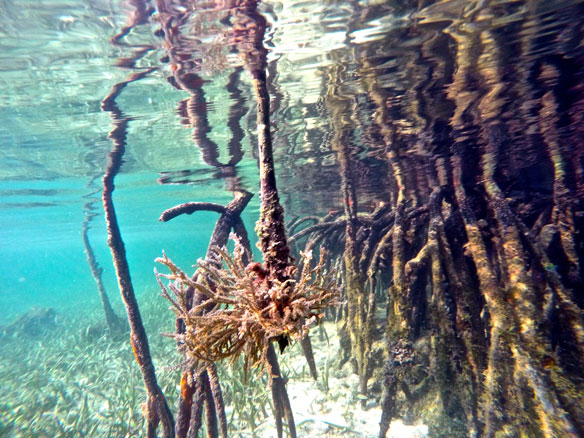
A cascade of impacts including rising sea levels, heatwaves and back-to-back tropical cyclones has created 400km of dead and badly damaged mangroves in the Gulf of Carpentaria, a scientific monitoring trip has discovered.
Abu Dhabi is replanting mangroves in the fight against climate change
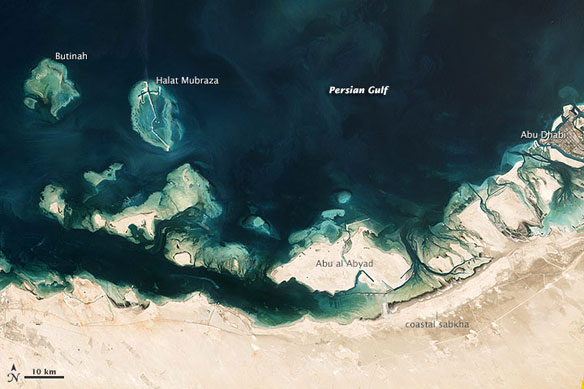
The coastal city of Abu Dhabi is one of the most vulnerable places in the world to the impacts of climate change. It’s threatened by rising sea levels and researchers say it could be too hot to live in by the end of this century if global warming trends continue. But mangroves trees are helping the city fight the climate crisis…
Live fast, die young: Study shows tiny fishes fuel coral reefs
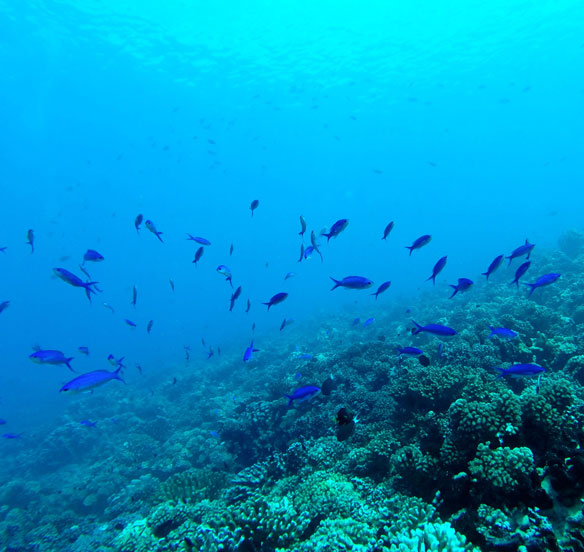
Scientists have long sought to understand how coral reefs support such an abundance of fish life despite their location in nutrient-poor waters. According to a new study, an unlikely group fuels these communities: tiny, mostly bottom-dwelling creatures called ‘cryptobenthic’ reef fishes.
On Java’s Coast, A Natural Approach to Holding Back the Waters

The Indonesian island of Java has lost 70 percent of the mangroves that once protected its coast from erosion and flooding. Now villagers are using natural wooden barriers to try to restore the mangrove forests and save their lands and homes from being washed away.
Fish diversity linked to Caribbean coral reef health
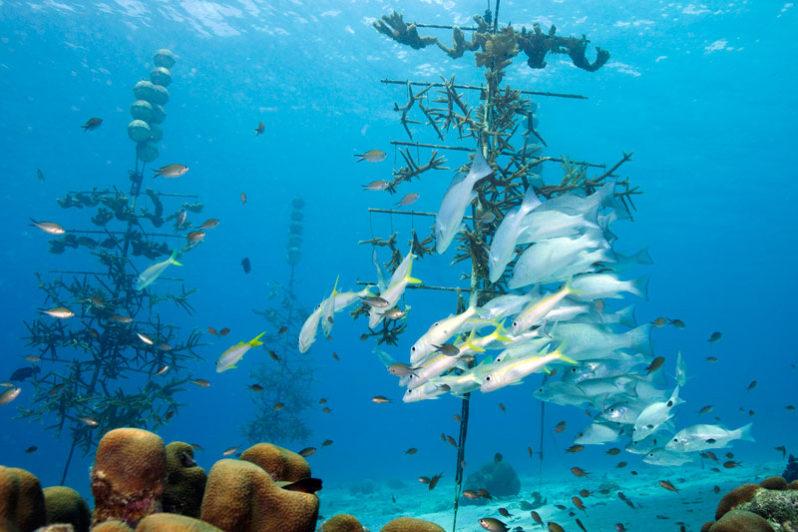
The health of coral reefs can be impacted as much by the diversity of fish that graze on them as by the amount of fish that do so, according to a new study. In the paper, the researchers untangle and unveil the powerful effects that biodiversity has on Caribbean coral reefs.
Proximity to land determines how coral reef communities respond to climate change events
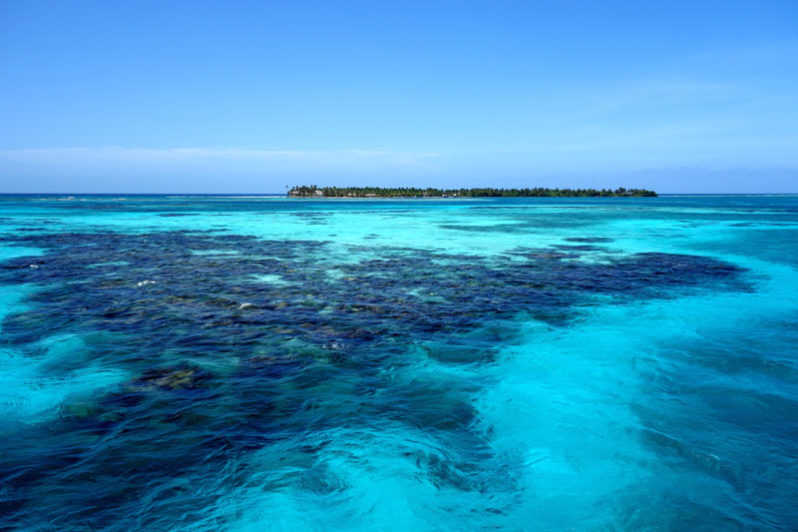
Severe weather and environmental disturbances, such as cyclones or thermal coral bleaching, affect specific areas of coral reefs differently, new research has shown.
How coral bleaching threatens Caribbean communities
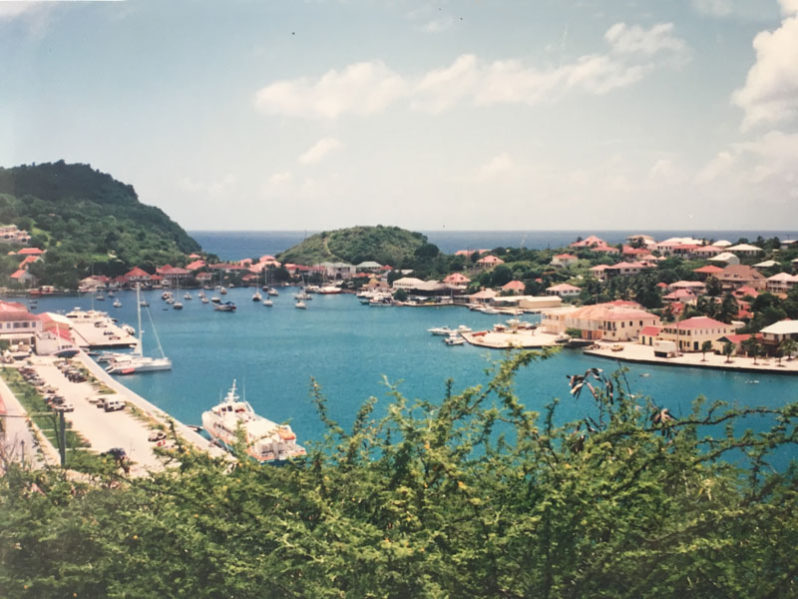
A new study uses environmental, socioeconomic and management data from 30 Caribbean islands to identify which communities may be most at risk from the social and ecological effects of coral bleaching, which occurs when warm water causes coral polyps to expel algae living in their tissue.
Key West bans some sunscreens to protect coral reefs

Officials in Key West ave decided to ban the sale of sunscreens containing oxybenzone and octinoxate, blamed for harming the only living coral reef found in the continental US.
Mangrove patches deserve greater recognition no matter the size
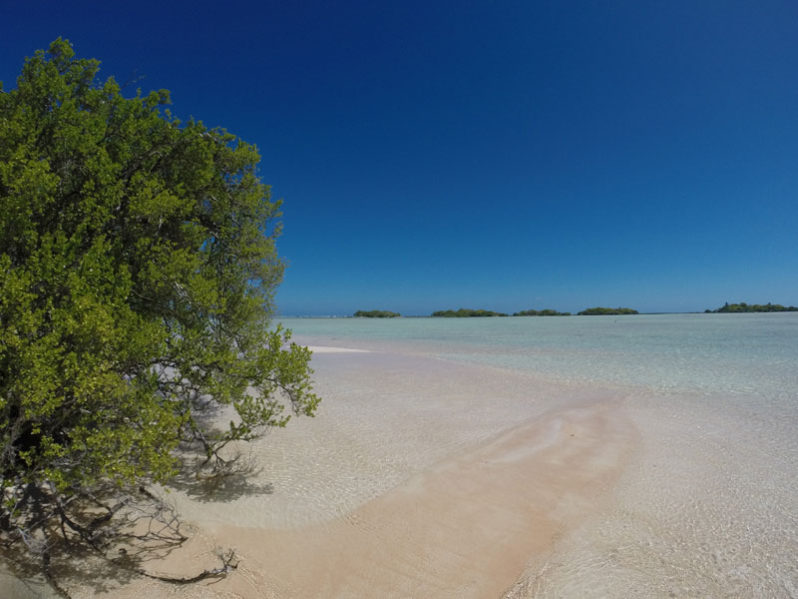
Governments must provide stronger protection for crucial small mangrove patches, experts say.
